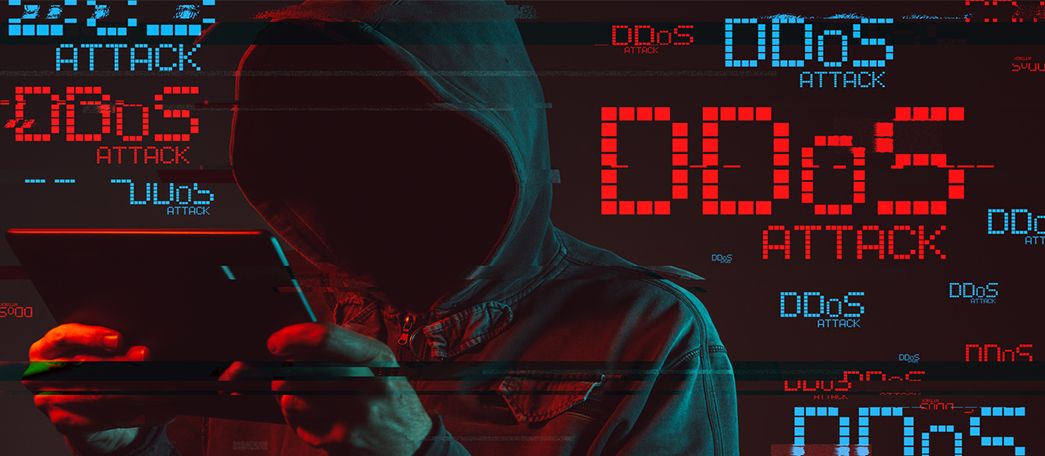
The Russian payment system is going through bad times. Not only have foreign banks stopped accepting Mir cards, but hackers are also trying to ruin its work in Russia as well.
On September 19, amid the US Treasury Department statements about possible sanctions against foreign financial institutions that accept the Russian payment system Mir, Turkish banks DenizBank and Is Bankasi announced the suspension of work with cards of the Russian payment system. Since September 28, commercial banks have been joined by state-owned banks - Ziraat Bank, Vakifbank and Halkbank. Thus, the payment system is completely blocked in this country.
After Turkey some problems with the cards of the Russian payment system were reported on September 21 by the Kazakhstan bank Halyk Bank and the Vietnamese bank BIDV. On September 23, the service of Mir cards was suspended in Uzbekistan "due to technical procedures" and also the Central Bank of Armenia reserved the right for commercial banks to make decisions on the service of Mir.
It is expected that several more foreign banks will refuse support for Mir cards. The governments of “friendly countries” stated that such decisions are made not by local authorities, but by local credit organizations. It is they who weigh the risks and decide whether to accept such a payment method or not. Banks decide everything.
Before the current events, Mir cards were freely accepted in Turkey, Vietnam, South Korea, Armenia, Uzbekistan, Belarus, Kazakhstan, Kyrgyzstan, Tajikistan, South Ossetia, and Abkhazia. Representatives of the financial sector of Cuba, Iran, Nigeria, Thailand, Egypt, Nicaragua, Ethiopia, and Malaysia spoke about their intention to start accepting Russian cards in the summer. Since the beginning of the war in Ukraine, there is no information on the Mir website about countries in which the card works.
"The decision to resume accepting national cards is likely to be influenced by the same factors as the rejection of it — political one," says Egor Krivosheya, head of the blockchain and fintech laboratory at the Skolkovo School of Management.
Another important news - hacker attack on the Mir system.
According to Kommersant on September 23, Ukrainian activists launched a large-scale DDoS-attack on the payment system and its operator, the National Payment Card System, this was confirmed by sources from the cybersecurity sphere in Russia. The purpose of the attack was to overload the system and cause a failure in card maintenance. Since the beginning of the war in Ukraine, hackers have attacked the entire Russian IT-infrastructure, but now the target seems to be the Mir system. The Central Bank of Russia refrained from commenting.

According to Alexei Smirnov, chairman of the board of directors of Bazalt SPO, Russian software developer, a DDoS-attack can not only overload the system and cause a denial of service, but it is a good method of finding vulnerabilities. If they are discovered, they can be used to organize a data leak.
Russia began developing its own domestic payments system in 2015 after Western sanctions over Russia's annexation of Crimea the previous year.

